It is hard to imagine a future generation of Americans where those moving forward are actually poorer than the current generation. Yet that is precisely the world we are diving into. Those that purchased homes in the pre-bubble days and also attended college in less inflated times have a massive head start on the current younger generation that is contending with a bursting housing bubble and a financial system that might as well be a roulette wheel. One startling figure from a recent Pew Research report shows that 37 percent of young households hold zero or a negative net worth. This is not a good way to build a healthy financial future. The wealth gap between previous generations is also becoming increasingly large. This narrative ties into the overall systemic pilfering of the middle class.
How large is the net worth gap?
The gap between younger and older Americans has never been so large:
Source: CNN, Pew Research
“(CNN Money) In 1984, households headed by people age 65 and older were worth just 10 times the median net worth of households headed by people 35 and younger.
But now that gap has widened to 47-to-one, marking the largest wealth gap ever recorded between the two age groups.”
A large part of this gap has to do with the timing of the housing bubble. Many younger Americans bought during inflated times while Wall Street banks were pillaging the entire system. Older Americans purchased homes during a time when Glass-Steagall was still in place and the bulk of loans made in the housing market came from stale fixed rate mortgages. Yet I would also argue that the cost of college today is sapping out a large portion of future earnings. We have seen a diminishing return on investment for college graduates:
Source: BusinessWeek
A college education is becoming more expensive while the return on investment is falling. A similar trend hit in the housing market. Yet the gap in just one generation has catapulted into a tragic scenario. In 1984 households headed by those 65 and older held a 10 time median net worth advantage on households headed by those 35 and younger. That figure is now up to a stunning 47 today. A gap is always expected as those who are older have time to save and accumulate but the size of the gap is troubling.
You also have to factor in the casino that is now our stock market. Take a look at the S&P 500 performance from 1990 to 2000 and then from 2000 to 2010:
And then the last decade:
This was a tough decade in regards to wealth building for younger Americans. The traditional means of building wealth through home equity and the stock market have largely been co-opted by hedge funds and investment bankers for short-term profits and graft.
The trouble of course is the social friction that occurs when massive wealth inequality occurs especially when it occurs through social welfare for the rich and protecting failed businesses like our too big to fail banks. The last time we had anything like this was the years before the Great Depression. You have places like Spain where younger workers have unemployment rates over 40 percent and a headline rate over 20 percent:
People are waking up and asking for tangible solutions. Here are a few solutions that we need to start with:
-1. Take systematic lobbying out of politics
-2. Break up the banks. Bring back Glass-Steagall
-3. Large surcharges on short-term trading to curb high frequency gambling
-4. Tax hedge funds and investment banks with regular income tax rates just like most Americans pay
These would help in getting a financial system designed to help the economy instead of an economy built to bailout the financial system like we currently have. Expect the gaps to grow larger and the middle class to dwindle further if nothing is changed.
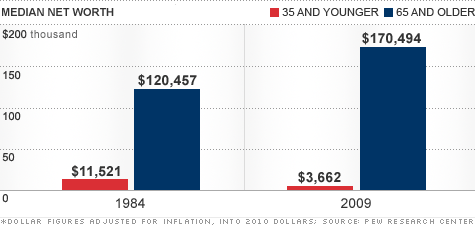
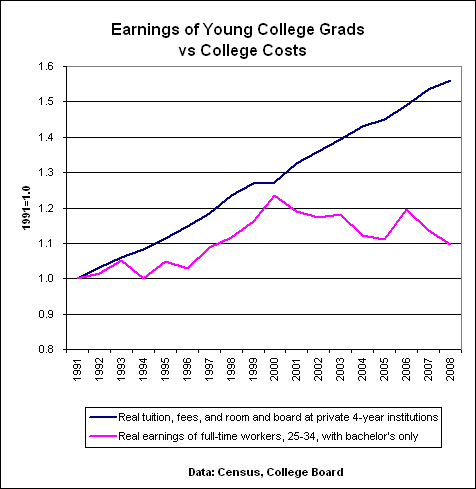
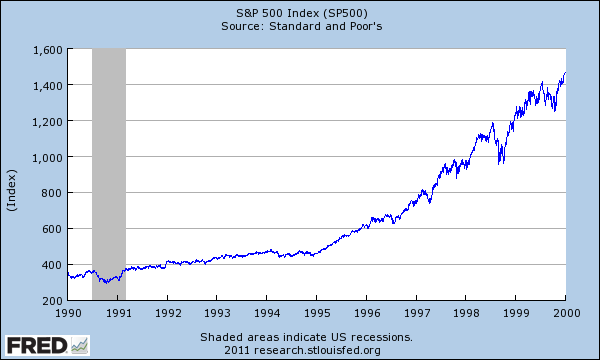
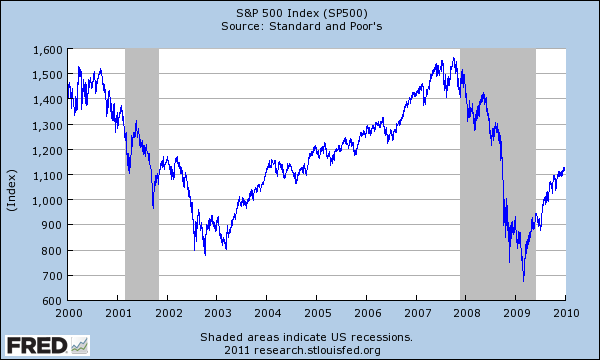
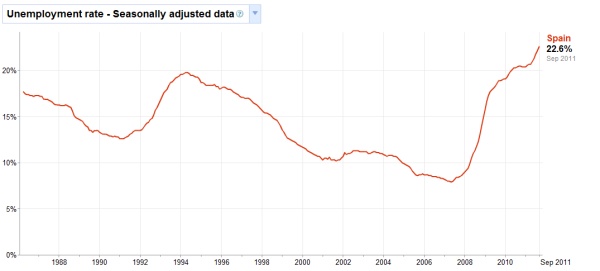
Although, I don't agree with everything, I like what you put together here. You make some strong arguments for the cause of the divide. Do you think in addition to the reasons listed the culture of entitlement might be another factor?